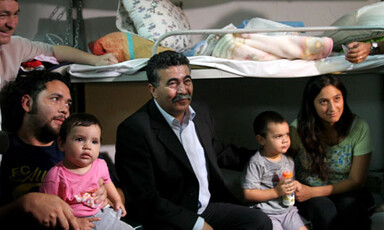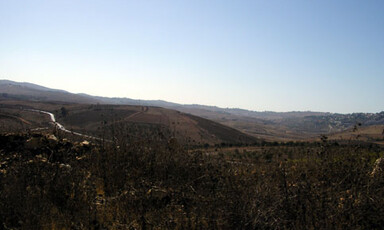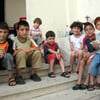
Another day of devastation and destruction
Saida 17 July 2006
As I write this message, the southern suburbs of Beirut are still under attack with air raids from Israeli warplanes and villages in the south on the border are all under heavy artillery. Tens of buildings of eight and ten story height are all leveled to the floor. The aim is to empty the area of any inhabitants and supposedly be able to isolate the resistance fighters. In Beirut, they bombed the port once again targeting the wheat containers also killing on individual. In the Beqaa they bombed a plant of dairy products called Liban Lait, a gas station, and a school. Read more about Another day of devastation and destruction








